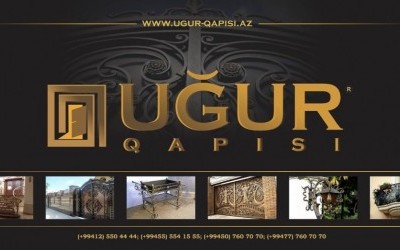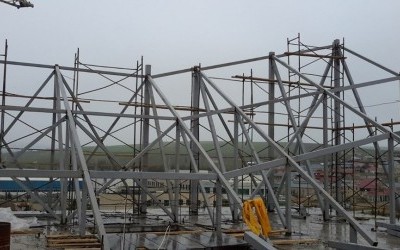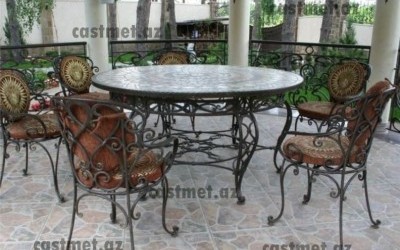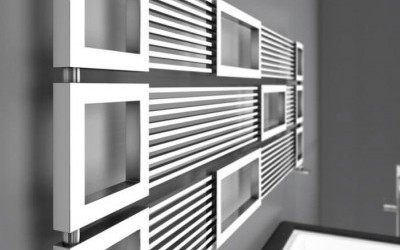Fabrication of aluminium items
Fabrication of aluminum products is the process of creating various items and structures using the lightweight and durable metal known as aluminum. Aluminum is widely used in various industries due to its strength, corrosion resistance, and lightweight properties. Here are several key aspects of manufacturing aluminum products:
-
Design and Specifications: The process begins with the development of the product&single_quot;s design and specifications. This involves determining the shape, dimensions, functionality, and other characteristics required for the specific application.
-
Selection of Aluminum Type: There are several varieties of aluminum, each with unique properties. The choice of aluminum type depends on requirements such as strength, corrosion resistance, and weight. Each type has its unique characteristics.
-
Processing and Forming: After selecting the aluminum material, it is processed and formed according to the specified specifications. This may include cutting, welding, bending, rolling, and other processing techniques.
-
Assembly: In the case of complex structures and aluminum products, assembly may be required. This involves joining various parts and components to create the finished product.
-
Surface Treatment: The surface of aluminum products can undergo various treatments, including painting, anodizing, polishing, or other methods to achieve the desired appearance and protection against corrosion.
-
Quality Control: An essential step in the manufacturing process is quality control, which includes checking dimensions, wall thickness, strength, and other characteristics to ensure the product meets specifications and standards.
-
Applications: Aluminum products find applications in various industries, including aerospace (aircraft bodies), construction (windows, doors, facades), automotive (engine components and bodies), packaging (aluminum containers), and many more.
Fabrication of aluminum products requires careful planning, precision, and quality control. This process enables the creation of lightweight, durable, and corrosion-resistant products that have a wide range of applications across different sectors of industry and design.




